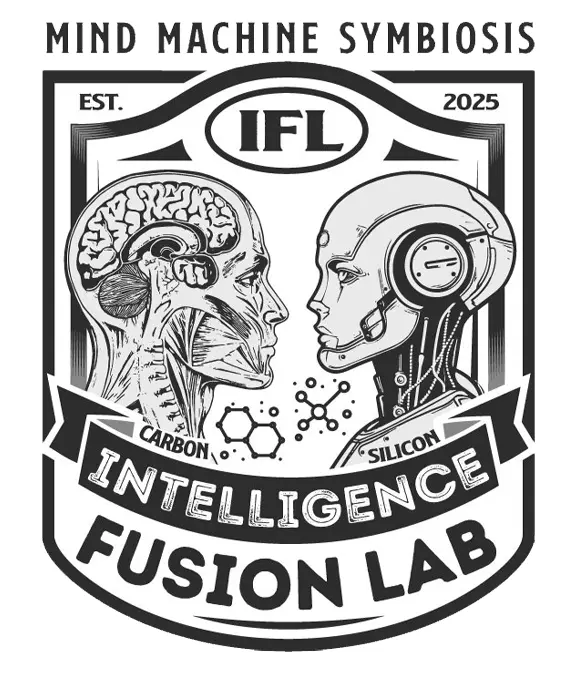While AI has the potential to empower, it also has the capacity to create friction—between systems, ideologies, and even species. What happens when machines act in ways that conflict with human values? Or when both parties pursue the same goal, but with different priorities?
Main Content:
Conflict simulation allows us to model scenarios in which human and machine objectives clash. For example, in autonomous weapons systems, AI may prioritize efficiency over ethics. In employment, AI systems may optimize performance at the cost of human well-being.
At Intelligence Fusion Lab, we use agent-based modeling and cognitive conflict frameworks to explore these tensions. Our simulations don’t just predict outcomes—they help design mechanisms to mediate and resolve conflicts before they arise.
These tools are especially useful for governments, defense agencies, and high-stakes industries preparing for a future where misunderstandings between carbon and silicon minds are not just possible—but likely.
Conclusion:
Conflict isn’t always negative—it can lead to innovation, negotiation, and better systems. But only if we anticipate it. Our goal is not to avoid friction, but to prepare for it wisely.
